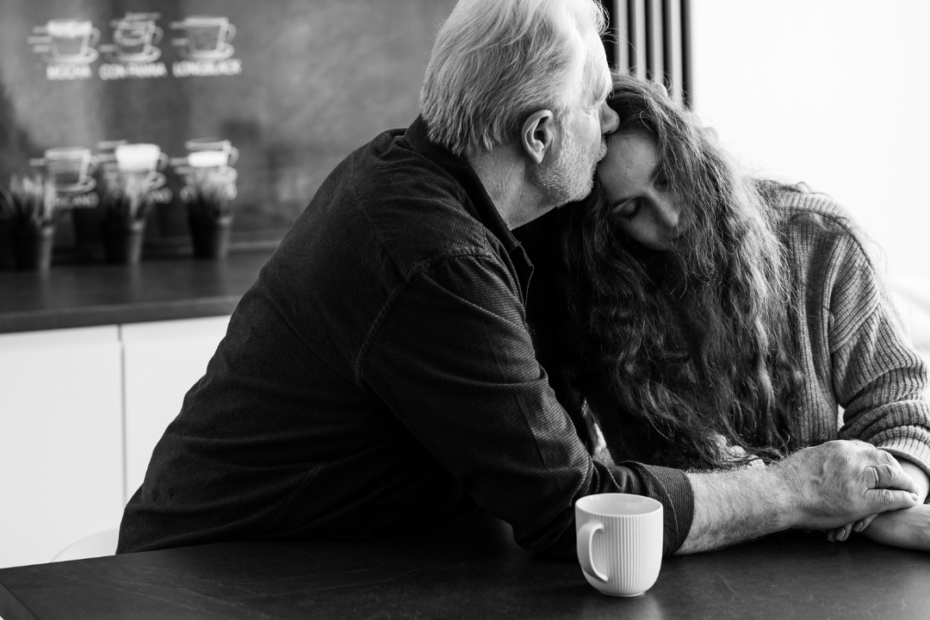We lost my mum a year ago today.
Not a day goes by without thinking about her.
Some days, I reach out for my phone.
Then I have to put it back down.
I remember she is gone.
There are other days, I spend hours writing. Writing in my journal has really helped.
Some days, all I want to do is be left alone.
The people who love me most understand that when I need space, they give it to me.

